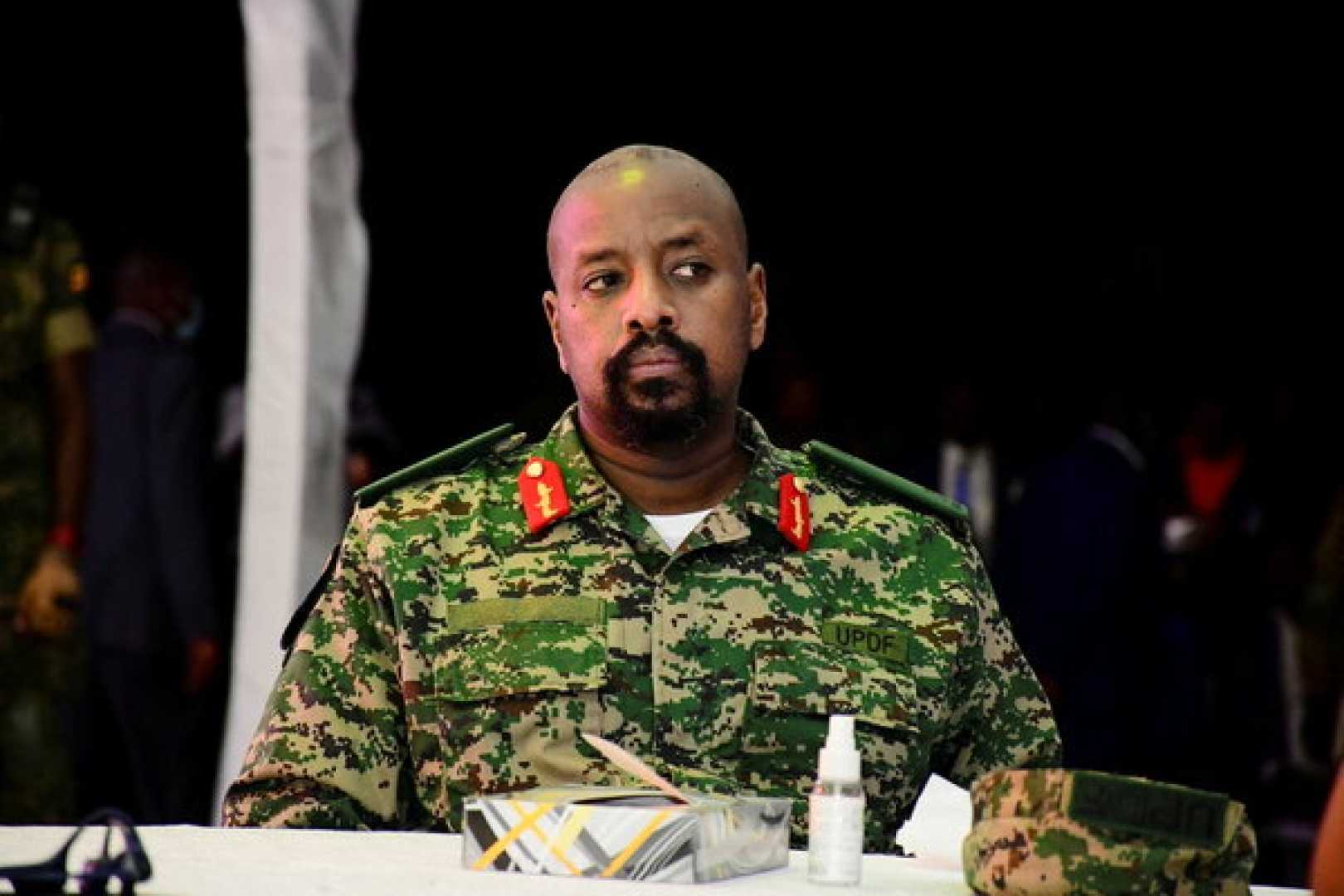World
Muhoozi Kainerugaba: Uganda’s Controversial First Son and Potential Successor

Kampala, Uganda — Muhoozi Kainerugaba, the son of Uganda’s President Yoweri Museveni, is making headlines for his audacious claims and troubling actions. The 51-year-old commander of Uganda’s armed forces has become a contentious figure as he teases a potential presidential run, while exhibiting unpredictable behavior that worries many observers.
Muhoozi, who has compared himself to historical figures like Gandhi, has also been involved in serious allegations. A bodyguard for the main opposition leader, Edward Ssebuufu, has claimed he was tortured while in detention. Ssebuufu reported being subjected to waterboarding, beatings, and electric shocks in a basement, with Muhoozi boasting about using him as a ‘punching bag’ on social media.
Shortly after his father seized power in 1986, Uganda was hailed for ending ethnic violence. However, after decades in office, Museveni’s grip on power has tightened, sparking fears of a dynastic political transition with Muhoozi. “In the name of Jesus Christ my God, I shall be President of this country after my father!” Muhoozi proclaimed in a post on X in July.
Concerns rise as Muhoozi’s impulsive rhetoric and behavior hint at instability. Uganda’s reputation as a stabilizing force in East Africa under Museveni has been overshadowed by his son’s provocative actions, like threatening police commanders and challenging political rivals like musician-turned-politician Robert Kyagulanyi, known as Bobi Wine.
Museveni seems torn between overseeing his son’s ambitions and the behavior triggering international scrutiny. Experts, such as Derek Peterson from the University of Michigan, worry about Muhoozi’s potential for violence against opponents, describing him as a ‘loose cannon.’
Despite calls for dialogue, Muhoozi’s approach mirrors his father’s authoritarianism. “This is a time-tested formula,” noted one source close to Muhoozi, implying there is no actual transition plan for Ugandan politics. Speculation persists that Muhoozi’s rise could pose a threat to democracy in Uganda, recalling familial patterns in many political establishments.
As the country prepares for the upcoming elections, the path forward remains unclear, with Muhoozi at the center of a political scenario marked by uncertainty and tension. Political analysts and citizens alike watch closely as developments unfold, ready to engage with what could be a critical moment in Uganda’s history.












